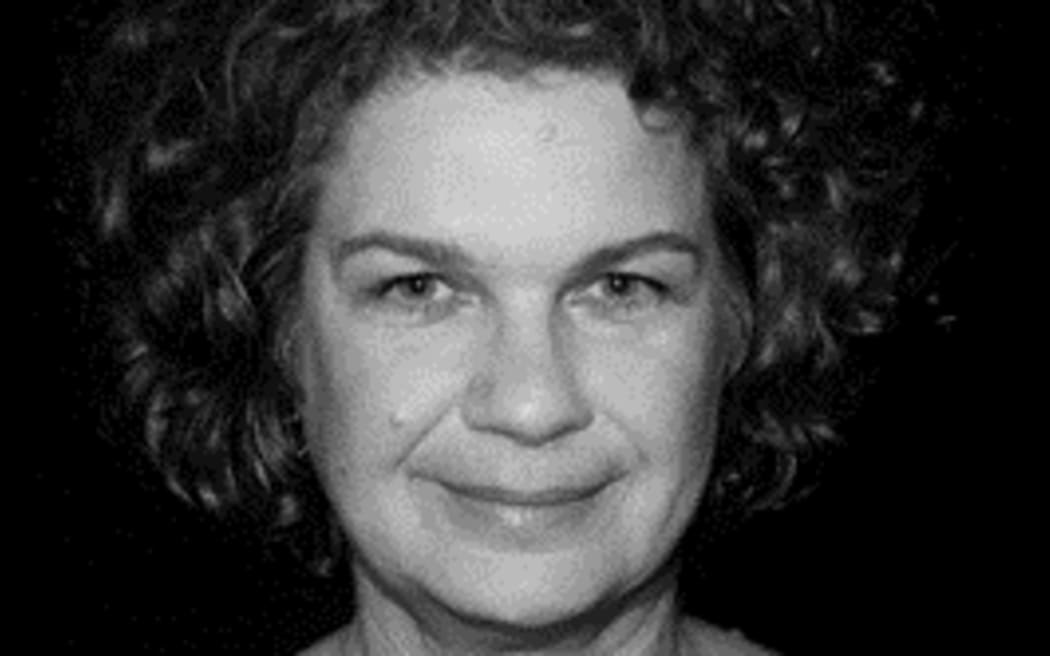It's been a good year for New Zealand film-makers - Dame Jane's Oscars, Taika topping the charts with the new Thor epic, Sam Neill back where he belongs in a Jurassic movie, and Thomasin McKenzie starring on big and small screens.

Leanne Saunders Photo: supplied
But most of these are paid for by big overseas studios. Are we doing enough with our own truly homegrown efforts?
Are we making the right films, do they reflect who we are? And should they do that, or should we simply aim at making big, fat hits. After all, how hard can it be to try and guess what the public will want in the three or four years it takes to get a film written, produced and released?
Leanne Saunders, Head of Development and Production for the New Zealand Film Commission, spoke to Simon Morris about the difficult job of choosing which local films get made.
And she knows her stuff - Saunders had produced Born to Dance, The Devil's Rock and our biggest hit, Taika Waititi's Hunt for the Wilderpeople.
She says finding the right films to produce isn't a box-ticking exercise in any way and she has worked on a diverse range of stories.
"We’re actually saying what’s the best story, who are the people making it, who are the partners, is it good enough, is it rating," she says.
"So personal taste is the last thing, we’re actually really quite strict about it and always have been.
"The ones that we do fund, we think are the best and we think they’re the ones, so we’re pushing them, but it’s not because they belong to a certain genre or subject matter or have ticked boxes."
When it comes to local filmmaking, it's not just local audiences that need to be considered - getting funding from overseas can make or break a production.
"International audiences are very important," Saunders says. "Making films is not a cheap business, financing films does require a lot of money, particularly drama, so we don’t have enough money to keep funding at least a majority of the amount of filmmakers that are coming in, which is increasing all the time."
Upcoming cinema releases include dramas Muru,Millie Lies Low and Punch, as well as documentaries Gloriavale and More than Gold: Valerie Adams.
And while some seem like they'd have limited appeal outside of New Zealand audiences, Saunders says this isn't necessarily the case.
"If the film world’s told if it can get accolades, if it can do well, if it can get attention, actually there is a market for well-told films and this is why we’re backing them.
"And all of those films have got funding from off shore which is a testament to the fact they do believe there’s a market for them."
It's important to remember that New Zealand films are punching above their weight, Saunders says.
"This is an environment now where the major festivals, the amount of films they’ve taken on over the last couple of years has reduced, yet we’re seeing record numbers of New Zealand films getting into these major festivals.
"We’ve just opened Sydney with We Are Still Here and had Nude Tuesday, which also has played very well in festivals."
While box office numbers dropped during the Covid-19 pandemic, Sanders says this wasn't necessarily the cause.
"What we say is Covid hasn’t caused the issue, it’s accelerated what was already happening prior and so the bullseye for box office and cinema attendance has got harder and harder.
"So you’re seeing really high performance from the big studio films, that audience has come back, but for the films we make, that are more art house, perhaps older audiences, they haven’t come back to the same degree and that’s the same globally. So it is really tough."
Saunders says Whina has been the top performing film this year, bringing in just over $1.1 million. Compared to Daffodils, the top performing film in 2019, Whina is only about $20,000 off its figure.
"The glory days of Hunt for the Wilderpeople certainly seem a long time ago," Saunders says.

